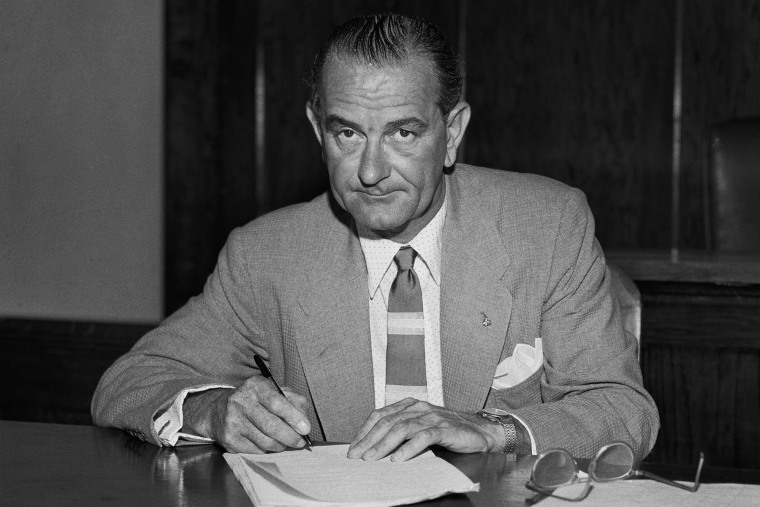The Internal Revenue Service agreed in a court filing that churches can endorse political candidates without fear of losing their tax-exempt status.
The IRS made the statement in a court case challenging the Johnson Amendment, a 1954 U.S. tax code provision that prohibits all 501(c)(3) non-profit organizations — including churches — from formally endorsing or opposing political candidates.
In a filing Monday aimed at resolving a lawsuit between the National Religious Broadcasters and others against the IRS, the parties jointly agreed that churches can endorse candidates without fear of losing their tax-exempt status. The agreement likens such endorsements to a “family discussion concerning candidates.”
“When a house of worship in good faith speaks to its congregation, through its customary channels of communication on matters of faith in connection with religious services, concerning electoral politics viewed through the lens of religious faith, it neither ‘participate[s]’ nor ‘intervene[s]’ in a ‘political campaign,’ within the ordinary meaning of those words,” the parties wrote in the filing in federal court for the Eastern District of Texas, which was first reported by The New York Times.
“Thus, communications from a house of worship to its congregation in connection with religious services through its usual channels of communication on matters of faith do not run afoul of the Johnson Amendment as properly interpreted.”
The joint motion for a “consent judgement” in the case must be approved by a judge before the lawsuit is formally resolved.
A spokesperson for the IRS and a lawyer for the plaintiffs did not immediately respond to a request for comment.

The amendment was named after Lyndon B. Johnson, who sponsored it in the Senate. Johnson had pushed for the rule in response to conservative nonprofits that supported a political rival.
The amendment has rarely been enforced when it comes to churches. The Washington Post reported in 2017 that more than 2,000 pastors had publicly defied the Johnson Amendment in organized demonstrations. Only one of those pastors was investigated, and none were punished, the paper reported.
President Donald Trump has been a vocal opponent of the amendment. He vowed to “get rid of and totally destroy” it at the National Prayer Breakfast in 2017, adding that doing so would “allow our representatives of faith to speak freely and without fear of retribution.”
While the IRS action doesn’t go that far — getting rid of the amendment would require an act of Congress — it does target the specific provision Trump complained about.
Lloyd Hitoshi Mayer, a professor at Notre Dame Law School, said that if approved, the joint motion would technically only apply to the churches that filed suit, but the language in it “is basically giving the green light for churches to endorse candidates from the pulpit and not have to worry about IRS enforcement while President Donald Trump is in office.”
He predicted the move will have two major ramifications.
“The first is that churches that maybe were hesitant to endorse candidates have less of a reason to be hesitant” and are “going to feel freer to support candidates from the pulpit,” Mayer said.
“The second ramification is even church leaders who don’t want to get involved will feel pressure to do so, from political candidates and members of their congregation,” potentially putting pastors “in an awkward position.”
That pressure could include financial incentives from congregants who could try to sway churches with donations, Mayer said.
The religious groups’ suit argued a change was necessary because churches were unfairly targeted by the amendment, and they sought to have the entire amendment declared unconstitutional.
“The IRS operates in a manner whereby the Plaintiffs are in jeopardy of punishment if they forthrightly say that a candidate’s positions are unbiblical; or that another candidate’s positions are consonant with biblical teaching,” their suit says. “The Plaintiffs’ speech is clearly chilled in this regard because they are not free to proclaim their views on the issues of the day and then compare their views with the views of the candidates on these same issues.”
As part of the joint motion, the religious groups agreed to drop their constitutionality claims against the amendment as a whole, so it would still apply to other 501(c)(3) tax exempt organizations, including charities and universities.














Leave a Reply